Premium Only Content
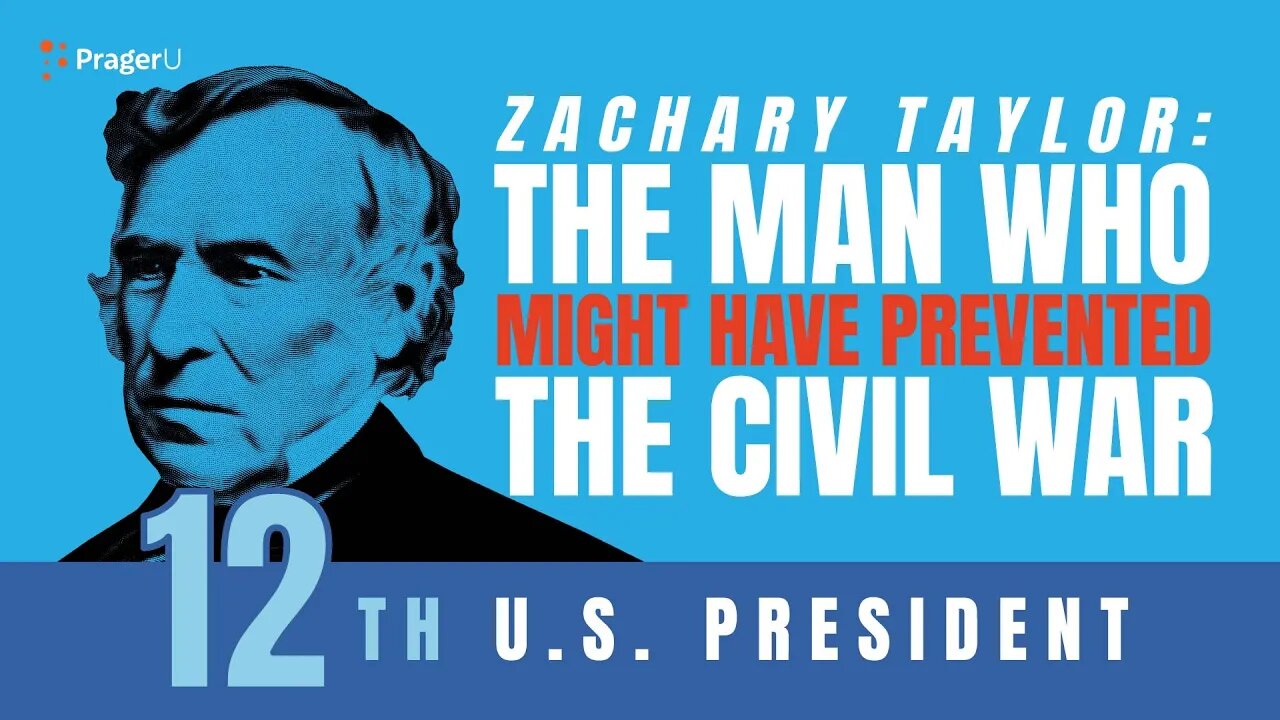
Zachary Taylor: The Man Who Might Have Prevented the Civil War
He was a slave owner who opposed the expansion of slavery; a president who despised politics and politicians. That was Zachary Taylor—“Old Rough and Ready.” Joseph Fornieri, Professor of Political Science at the Rochester Institute of Technology, tells the story of this walking contradiction.
Script:
Zachary Taylor, the 12th president of the United States, was so indifferent to politics that he never voted until his own election in 1848.
A career military man, “Old Rough and Ready,” as he was affectionately known, was weathered, stocky, and bow-legged in appearance. He was obstinate, easily insulted, and quick-tempered in character. These are not traits that usually make for a successful politician. But then again, he never wanted to be a politician. Until he did.
The son of a Revolutionary War veteran, Zachary Taylor was born in Orange County, Virginia on November 24, 1784. Inspired by his father’s military exploits, Taylor joined the army in 1808. He spent the bulk of the next forty years protecting the frontier against hostile Indians. Steadily rising from the rank of lieutenant to brigadier general, he fought in the War of 1812, the Black Hawk War of 1832, and the Second Seminole War in 1837.
The Mexican-American War in 1846 was a turning point in Taylor’s life. In a matter of months, he went from a respected but obscure soldier to a national hero.
Here’s how it happened.
In January of 1846, President James Polk sent Taylor into the disputed border territory of Texas and Mexico. The idea was that the presence of American troops would pressure the Mexican government into accepting Polk’s offer to buy California. But Mexico wasn’t interested.
So, Polk was stuck.
Things became unstuck when Mexican forces fired on Taylor’s men near the town of Palo Alto, killing 11. That’s all Polk needed to ask Congress to declare war, which it did on May 12.
At that moment, the war rested on Taylor’s shoulders. Despite being vastly outnumbered, he won the battle of Palo Alto and went on to score impressive victories at Monterrey and Buena Vista. Ulysses S. Grant, a recent West Point graduate, who took part in the campaign said of Taylor: “No soldier could face either danger or responsibility more calmly than he… He was known to every soldier in his army, and was respected by all.”
The Mexican War ended in February 1848 with the US acquiring not only California but vast swaths of land in the American Southwest. Within weeks of the end of the war, the Whig Party, which had done so well with war hero William Henry Harrison, saw Taylor as their ticket back to the White House.
Taylor was intrigued, but he didn’t see himself as a party man. “I am a Whig, but not an ultra Whig,” he said. “If elected I would not be the mere President of a party—I would endeavor to act independent of party….”
That was good enough for the Whigs. In short order, they nominated Taylor to be their standard bearer. He went on to defeat Lewis Cass, a Democratic senator from Michigan, in the general election.
Being a war general was hard. But being President was harder.
For one thing, the Mexican-American War had reignited the slavery debate. How would all this new territory be integrated into the Union? What part would be slave; what part would be free?
The political balance stood precariously at 15 free states and 15 slave states. Any additional states would tip the scales one way or the other. How would this be resolved?
For the full script, visit: https://l.prageru.com/3LvHRZ7
-
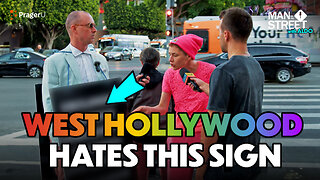 6:12
6:12
PragerU
12 hours agoCan Children Consent to Puberty Blockers? | Man on The Street | PragerU
4.12K3 -
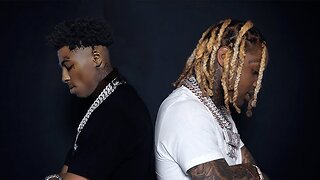 5:03:12
5:03:12
Akademiks
6 hours agoLil Durk Pleads NOT GUILTY and Hires NBA Youngboy Lawyer To Represent him! Lil Baby tryna comeback?
98.6K14 -
 3:27:19
3:27:19
SNEAKO
7 hours agoSNEAKO X JACE!
74.9K7 -
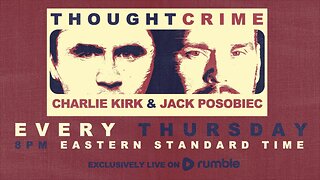 57:42
57:42
The Charlie Kirk Show
7 hours agoTHOUGHTCRIME: Clash of the Cabinet Edition
136K32 -
 1:04:59
1:04:59
Man in America
10 hours agoThe Dark Truth Behind Sunscreen, Cancer, Pharmakeia & Doctor Worship w/ Jonathan Otto
43.1K9 -
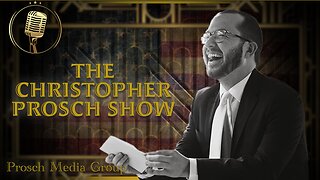 49:35
49:35
PMG
1 day ago $11.13 earned'Ukraine and the Giant Distraction!"
44.8K9 -
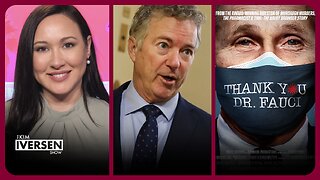 1:32:50
1:32:50
Kim Iversen
9 hours agoSHOCKING: New Evidence That Fauci Lied, People Died | Thank You, Dr. Fauci
124K99 -
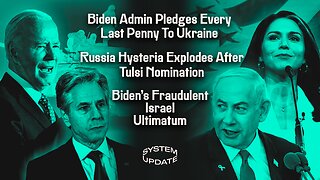 1:31:04
1:31:04
Glenn Greenwald
10 hours agoBiden Admin Pledges Every Last Penny To Ukraine; Russia Hysteria Explodes After Tulsi Nomination; Biden's Fraudulent Israel Ultimatum | SYSTEM UPDATE #366
136K113 -
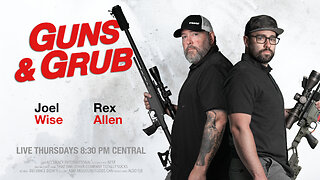 1:31:25
1:31:25
Precision Rifle Network
14 hours agoS3E7 Guns & Grub with special guest Benchrest Marksman
42.5K1 -
 2:13:21
2:13:21
tacetmort3m
11 hours ago🔴 LIVE - BUG ONLY STREAM (SOLO OR MAYBE TEAM?) - HELLDIVERS 2
32.8K4